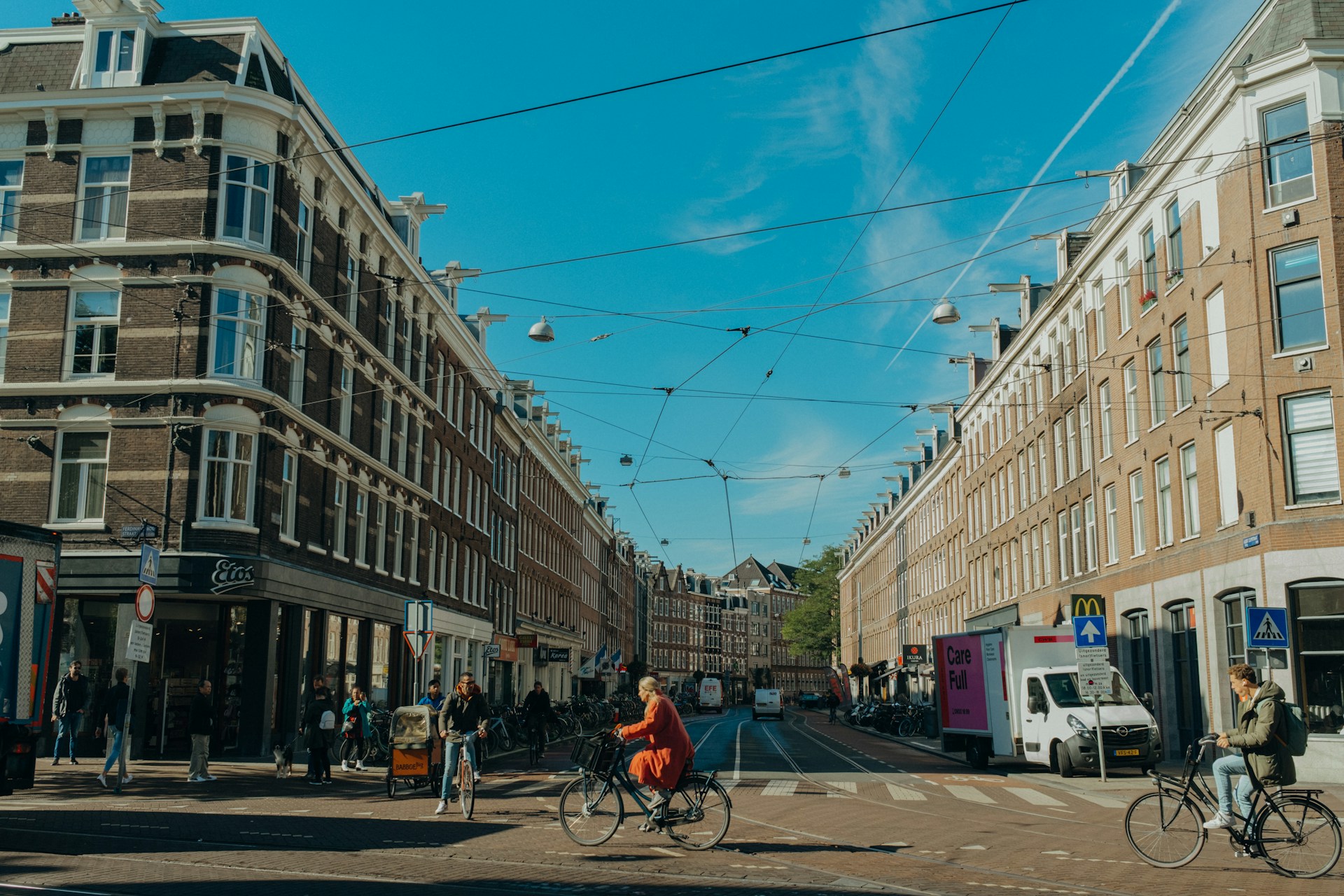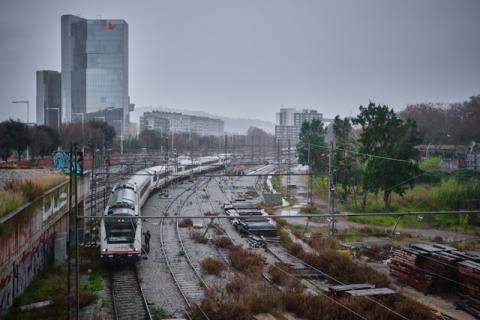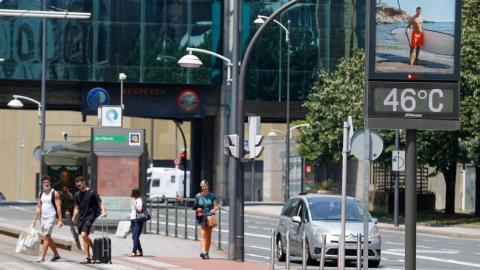New online map to find 15-minute cities
A new web-based tool analyzes major cities like Tokyo, Paris, Atlanta or Barcelona to see how close they are to the 15-minute city concept, where residents take less than those minutes to access essential services by foot, bike, or public transport. According to the study, published in Nature Cities, few cities fit this concept. The tool, which is freely accessible and uses data from 10,000 cities sourced from the open-source packages GeoPandas and OpenStreetMap, could be useful for developing action plans and estimating how viable it is to transform certain cities to follow this model.

Francesc Baró - mapa ciudad 15 minutos EN
Francesc Baró
Lecturer at the Cosmopolis Centre for Urban Research of the Vrije Universiteit Brussel (Belgium)
The study presents an interesting method to apply the concept of the 15-minute city and quantify how close (or far) any city in the world is to this urban ideal, based on proximity to basic services/resources (educational, cultural, healthcare, etc.). The most striking aspect of the study is that through an online platform, the results of this analysis can be visualized cartographically for around 10,000 cities worldwide, allowing one to see the enormous differences between them (and between countries, continents). For example, the article highlights Barcelona more than once as a city that is very close to this 15-minute ideal, in contrast with U.S. cities like Atlanta, which follow an urban sprawl model and have low residential density.
However, the authors claim to study urban inequalities in accessibility to these basic services, considering the 15-minute model, but in reality, they do not take into account the socioeconomic differences of urban populations, that is social equity. Many wealthy neighborhoods have few basic services nearby due to their low density, but this obviously does not pose the same accessibility problem for their inhabitants as it does for those in disadvantaged peripheral neighborhoods. Additionally, as the authors themselves acknowledge, many of these basic services (parks, hospitals) are very difficult to redistribute in already built cities, and it wouldn’t be economically sustainable to implement the 15-minute model in low-density suburban areas.
Natalie Mueller - mapa ciudad 15 min
Natalie Mueller
Assistant Research Professor in the field of urban planning, air pollution, and health and environment at Barcelona Institute for Global Health (ISGlobal).
The article "A Universal Framework for Inclusive 15-Minute Cities" introduces an innovative framework and tool that enables cities to assess and enhance their neighborhoods within the 15-minute city model. This approach helps cities improve accessibility and proximity to essential services and amenities, fostering more inclusive and sustainable urban environments.
At ISGlobal, we believe in harnessing the potential of compact cities, or "15-minute cities," not only to reduce CO2 emissions but also to enhance public health and well-being. By minimizing car dependency, encouraging active (walking and cycling) and public transportation, and integrating nature-based solutions—such as planting trees and expanding green spaces—we can improve urban environmental quality, which directly benefits population health.
However, there is no universal approach for all cities. Each city must conduct tailored studies that consider its unique characteristics and develop customized solutions to achieve optimal outcomes in environmental quality, health, and carbon footprint.
Matteo Bruno et al.
- Research article
- Peer reviewed
- Modelling
- Systematic review



